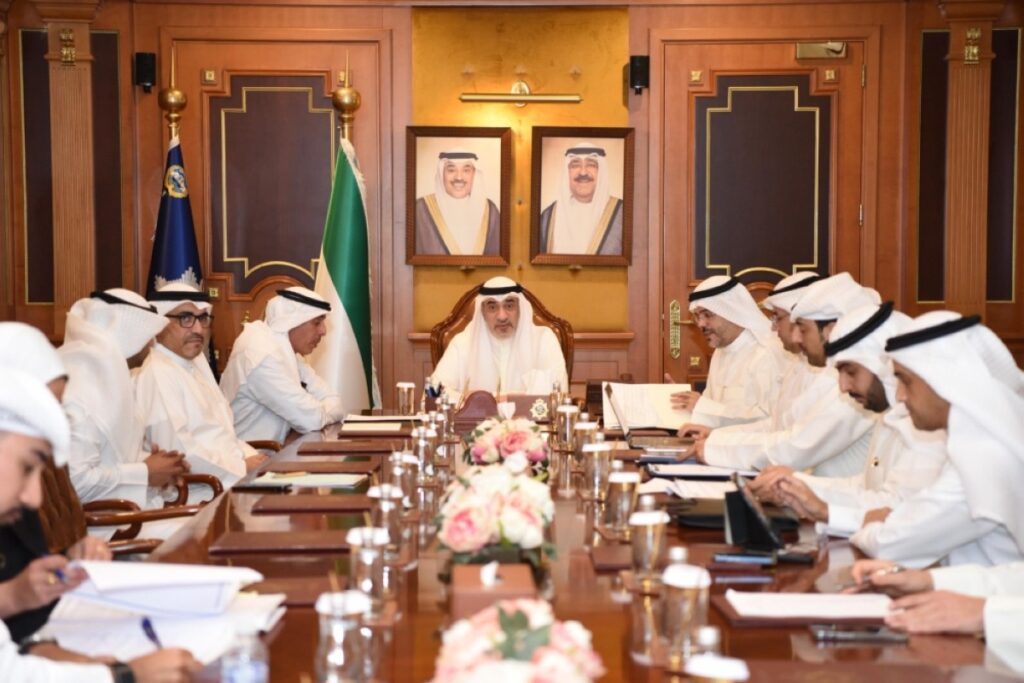Interior Minister chairs sixth meeting of Humanitarian and Charitable Work Committee
KUWAIT: First Deputy Prime Minister and Minister of Interior Sheikh Fahad Al-Yousef Saud Al-Sabah chaired the sixth meeting of the Committee for Regulating Humanitarian and Charitable Work on Thursday. The meeting, attended by representatives from various government agencies, focused on reviewing a draft law to regulate humanitarian work in the country. According to a statement by the Ministry of Interior, the proposed law is part of Kuwait’s ongoing efforts “to enhance the efficiency of humanitarian and charitable work and organize it according to the highest international standards.”
The committee emphasized that the draft law aims to modernize the legal framework governing humanitarian and charitable activities in Kuwait. It is designed to “promote governance and ensure the highest levels of transparency and effectiveness,” the statement said.
“These efforts reflect Kuwait’s commitment to supporting and developing humanitarian and charitable initiatives,” the committee noted, “in a way that achieves the desired positive impact and supports beneficiary communities both locally and internationally.”
The meeting comes amid broader efforts by the Kuwaiti government to safeguard the country’s global reputation as a leader in humanitarian aid, while ensuring accountability and trust in the charitable sector.
On June 22, Kuwait introduced a new bylaw regulating charitable foundations (mabarat), requiring official licensing, security clearances, and a minimum of 10 Kuwaiti founders with clean legal records and a KD 10,000 deposit. Foundations are prohibited from fundraising or conducting any charitable activities without prior written approval from the Ministry of Social Affairs. The law also grants the ministry full oversight powers, sets clear conditions for dissolution, and imposes penalties for non-compliance or financial misconduct.
The government released another set of regulations the same month, specifically targeting charitable associations’ fundraising activities. The rules govern how donations are collected, managed, and reported. They focus on controlling the use of fundraising links, overseeing contracts with marketing firms and influencers involved in promotion, regulating financial transparency and reporting, and managing both local and international charity campaigns. The aim is to regulate the entire process of collecting and handling donations within the charitable sector. — Agencies

